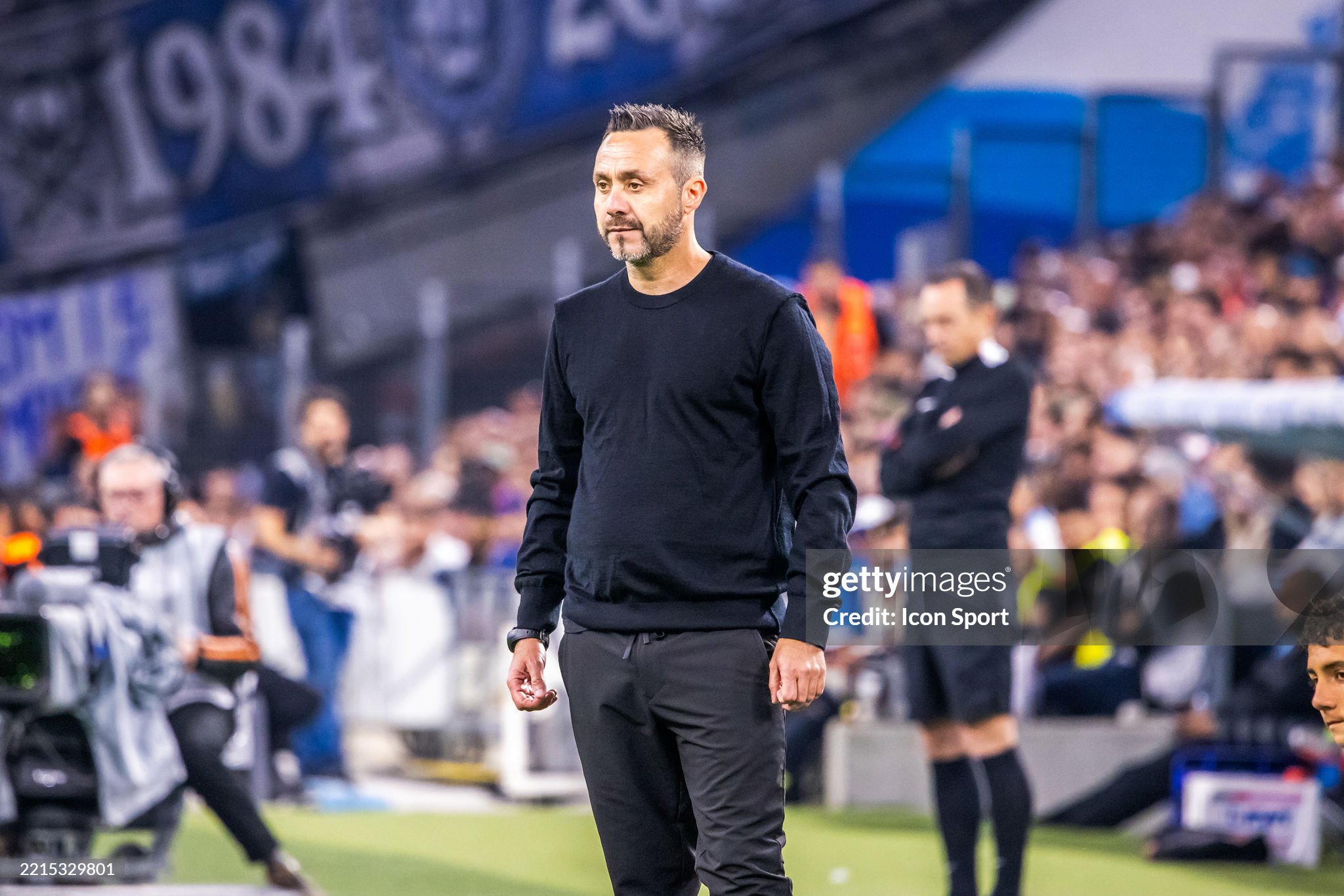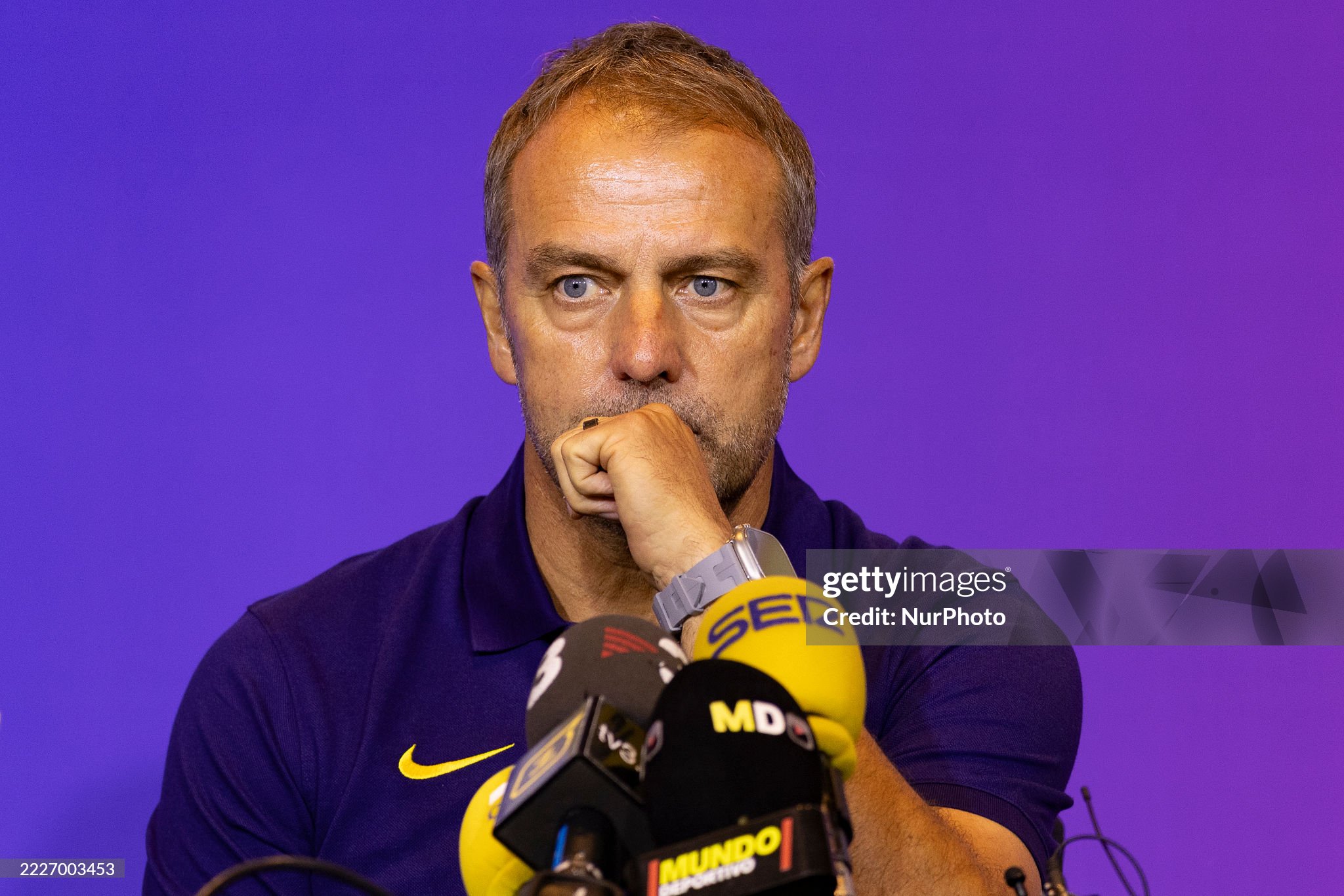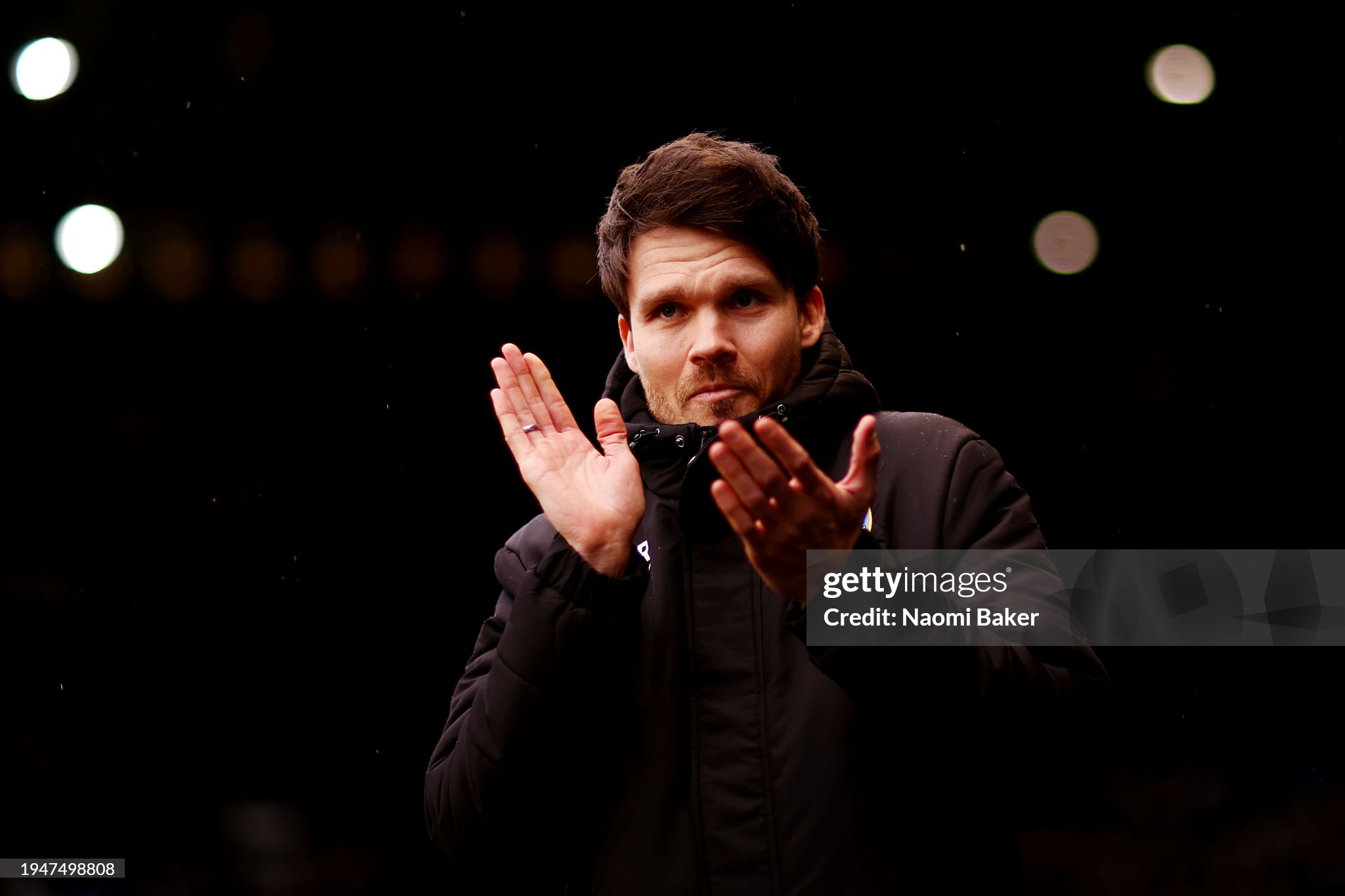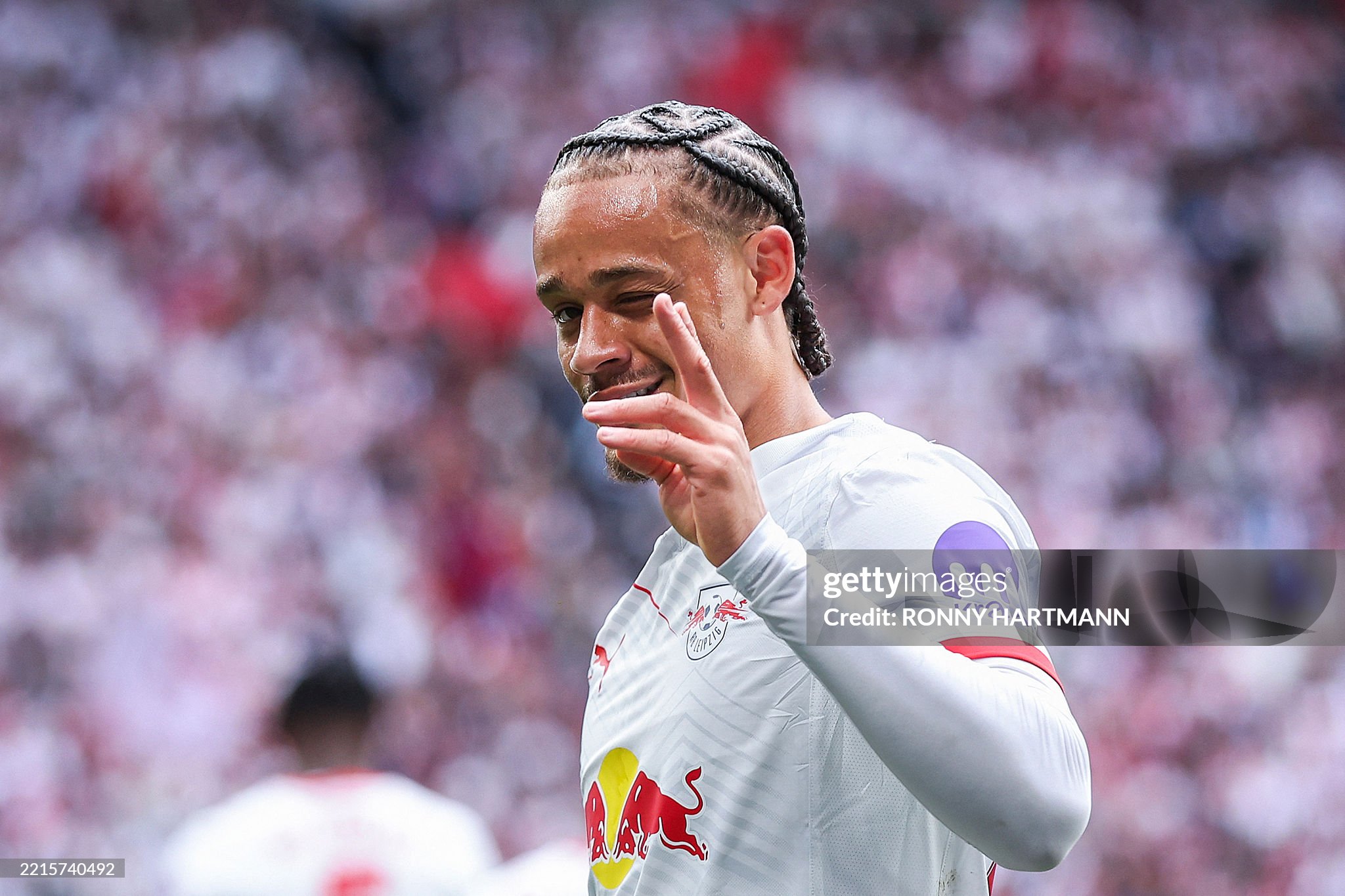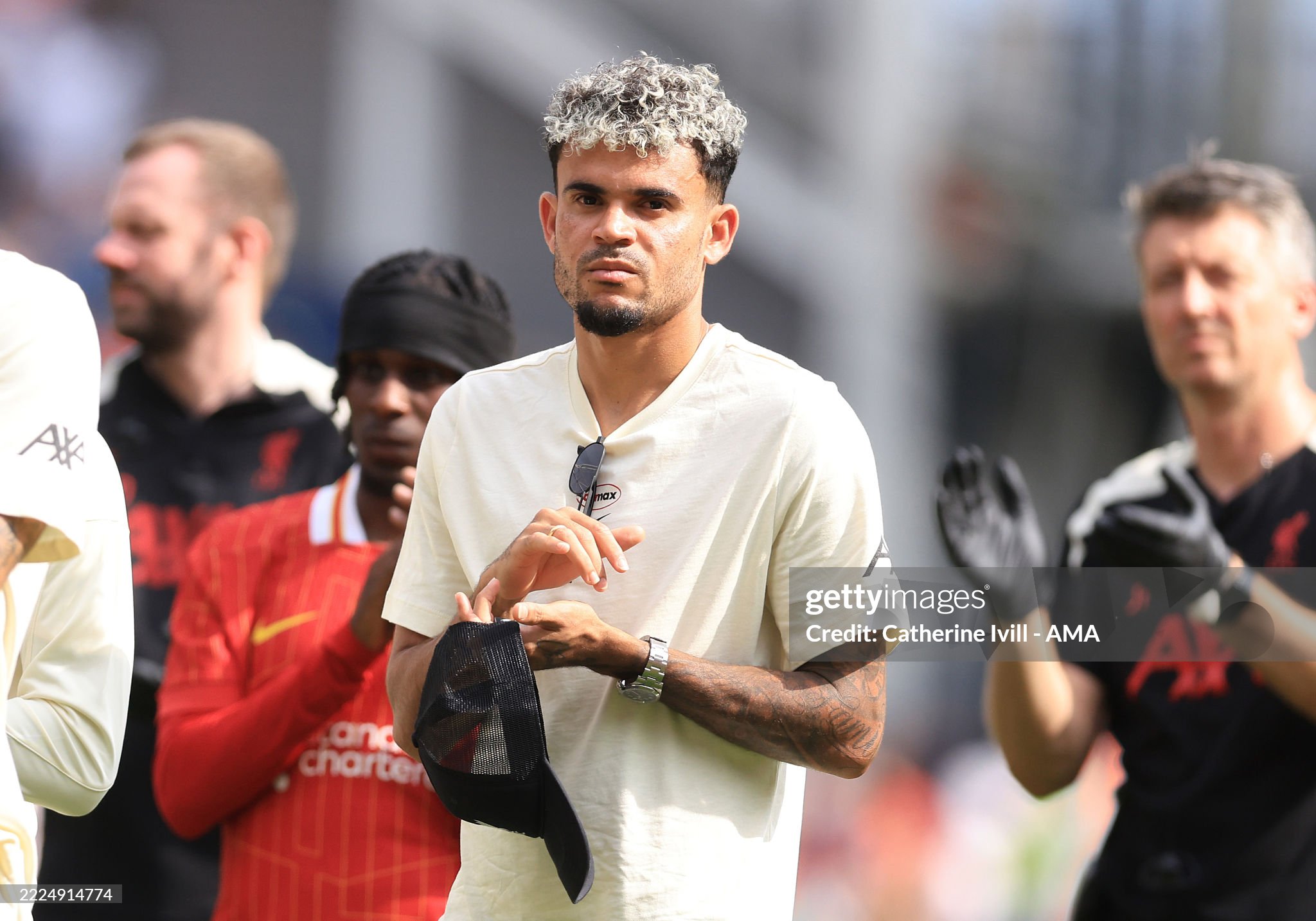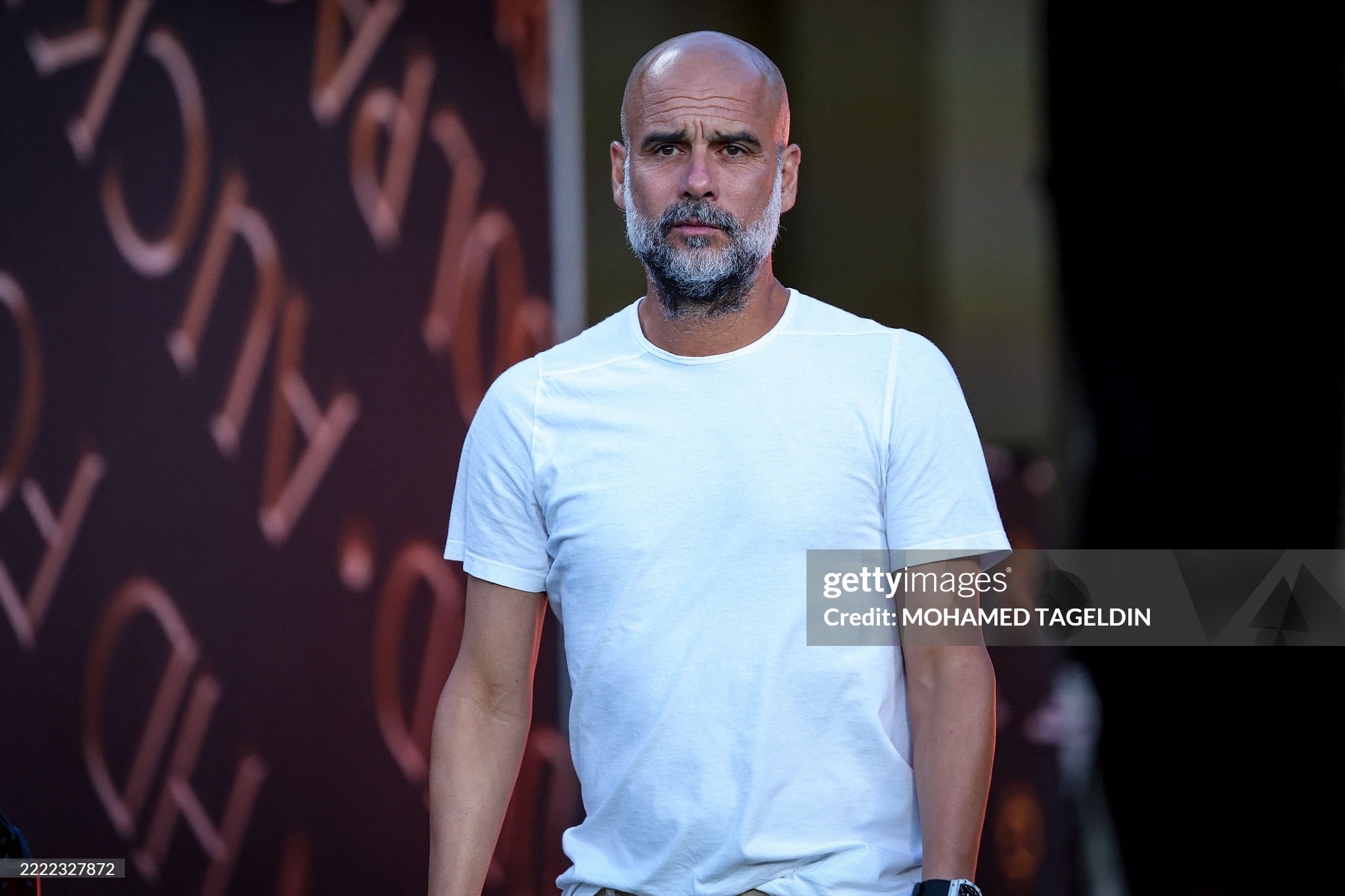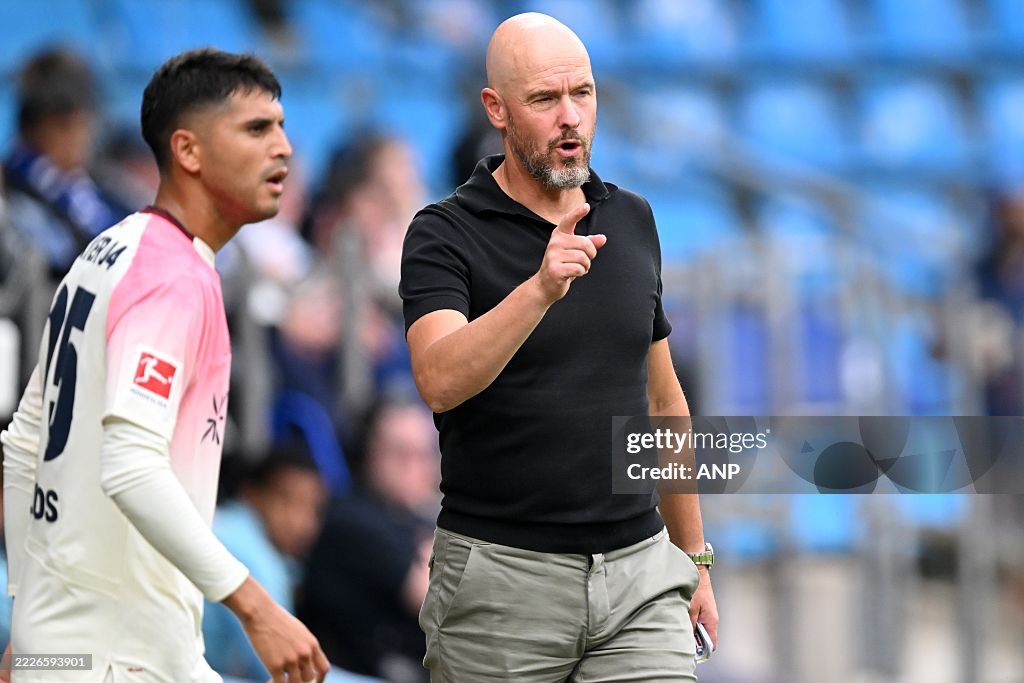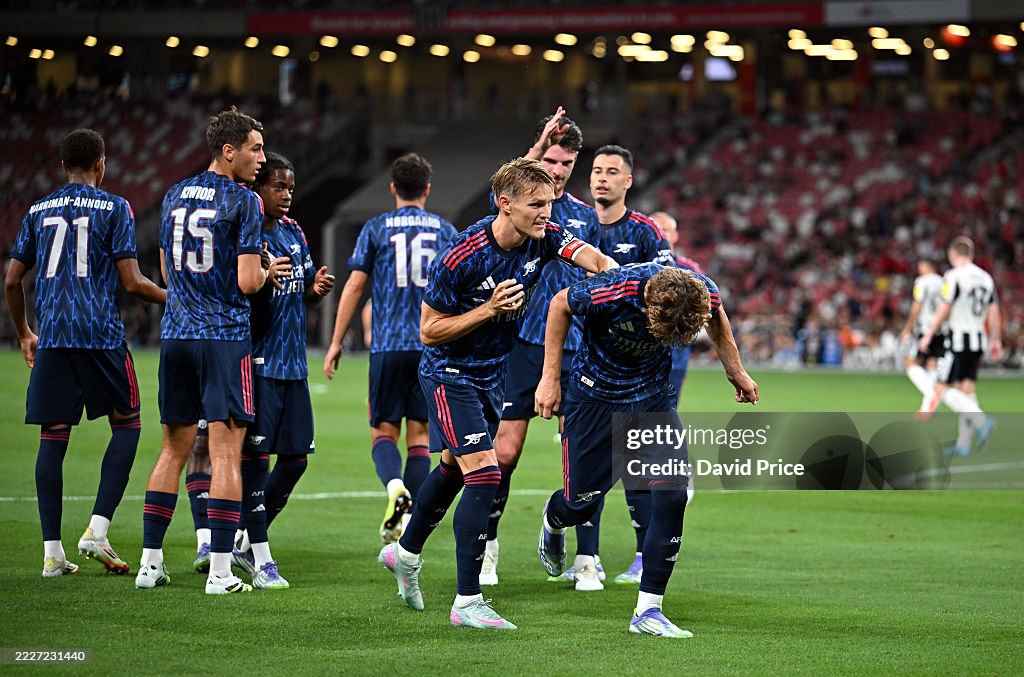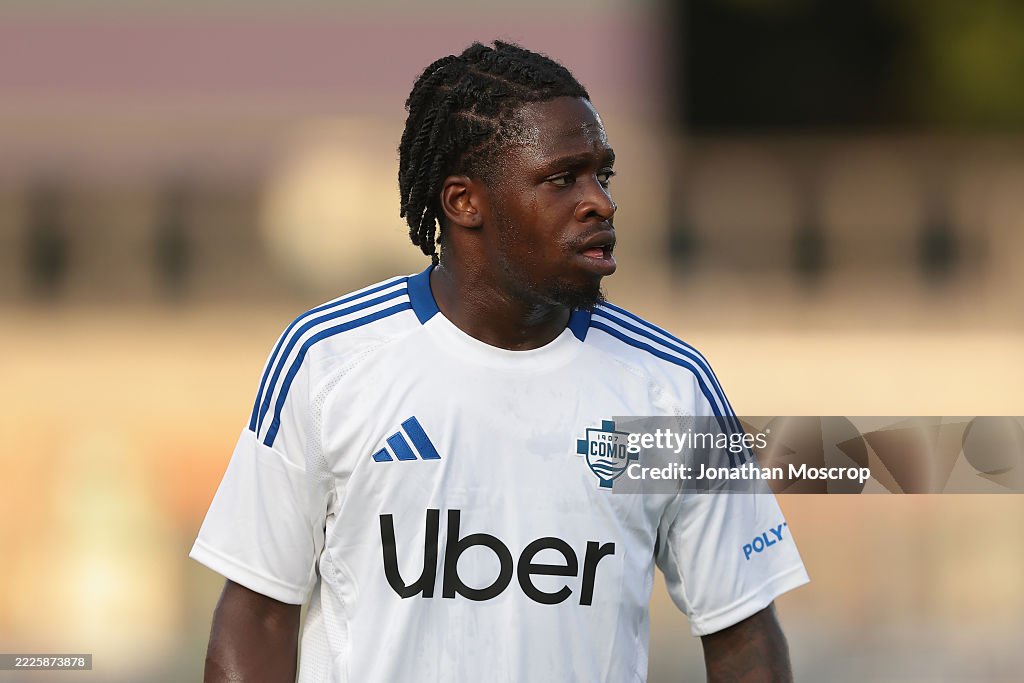Roberto De Zerbi has little patience for his image. The Olympique Marseille coach is often labeled a philosopher, but he firmly dismisses that notion in the Supernova podcast.
Roberto De Zerbi has never been one to shy away from controversy, but in his recent appearance on the Supernova podcast, the Italian coach took an unusually direct approach to challenging the public perception of him as a "football philosopher."
Frequently associated with a purist’s vision of the game, where aesthetics and attacking principles are assumed to come before pragmatism or results, De Zerbi made it clear he’s tired of the narrative and he’s ready to set the record straight.
"I live for results," he said firmly, reacting to years of media portrayals that paint him as an idealist more concerned with beauty than victory. "People see me as a philosopher, but I’ve had plenty of arguments I’m anything but that. If I could, I’d play with two goalkeepers just to defend."
That quote alone encapsulates the frustration De Zerbi feels about how he’s been framed throughout his career. While his teams particularly Brighton have gained praise for their technical ability, structured possession play, and tactical innovation, the coach insists that everything he does is driven by one goal: winning. "My friends in journalism often wrote that I live for the game and don’t care about results. That’s not reality," he continued. "There’s not just one way to win if there were, every coach would play the same way. Who came up with the idea that you can prioritize style over results? Why do you think I work? To make a fool of myself? Just to take part?"
De Zerbi’s comments reflect a broader tension that many managers experience: the expectation to entertain versus the demand to win. While fans and media often idolize those who bring flair and identity to their teams, it’s the results that ultimately define a coach’s career. De Zerbi’s frustration is understandable, given that even when his teams performed well such as Brighton’s historic top-half finish in the Premier League and Europa League qualification much of the conversation still revolved around his style rather than his effectiveness.
But the podcast wasn’t just a platform for him to address personal narratives. De Zerbi also used the opportunity to weigh in on the most recent Champions League final a match that saw Paris Saint-Germain dismantle Internazionale in what many consider one of the most dominant performances in modern European final history. His analysis, however, quickly turned into a sharp critique of Italian football as a whole.
"Italy didn’t know PSG. Italy underestimated them Italian football was arrogant, Inter wasn’t," De Zerbi said. "They didn’t know who they were up against. They didn’t know Dembélé was that ready. They didn’t know Doué had talent comparable to Yamal. They didn’t know Vitinha might be the best midfielder in the world. They didn’t know João Neves was developed in Portugal. They didn’t even know what country Pacho came from."
This wasn’t just a tactical breakdown it was a cultural critique. De Zerbi was pointing out that Italian football, once the gold standard for preparation, scouting, and tactical sophistication, had grown complacent and disconnected from the evolving European game. In his view, there’s a dangerous level of self-satisfaction in the Italian media and football establishment a belief that tradition alone is enough to compete at the top level.
His remarks about PSG’s young stars particularly Warren Zaïre-Emery, Vitinha, Dembélé, and Doué also serve to highlight how France’s club football, long seen as a stepping stone league, has now become a powerhouse in its own right. Under Luis Enrique, PSG combined tactical flexibility with raw athleticism, and their dominance over Inter wasn’t just physical it was intellectual. De Zerbi’s comments suggest that those in Italy failed to recognize that shift in time.
Now 46, De Zerbi is entering a new phase of his coaching career. Since joining Olympique Marseille last summer, he’s led the French side to a highly respectable second-place finish in Ligue 1, only behind the relentless force of Paris Saint-Germain. At Marseille, De Zerbi has found a club where passion and ambition meet a setting well-suited to his intense personality and desire for high-level competition. In a league where tactical innovation is now as prized as physicality, his methods have found fertile ground.
Before arriving in France, De Zerbi gained international acclaim for his work at Brighton & Hove Albion in the Premier League. Taking over from Graham Potter, he managed not just to maintain Brighton’s upward trajectory, but to elevate it implementing a bold, possession-oriented style that earned plaudits across Europe. His ability to develop players like Kaoru Mitoma, Moisés Caicedo, and Evan Ferguson turned Brighton into a model of modern football development. Yet even then, much of the praise was framed through the lens of philosophy, rather than results something De Zerbi clearly still resents.
As he continues to forge his path in elite football, De Zerbi is demanding to be seen not as a romantic idealist, but as a competitor a coach obsessed with winning who simply happens to believe that good football can be both beautiful and effective. His outburst on Supernova was not just a rebuttal to journalists, but a broader plea to reframe how we assess modern managers: not by the vocabulary we attach to their tactics, but by the clarity of their vision and the consistency of their outcomes.
In today’s football landscape, where coaches are often reduced to caricatures the pragmatist, the innovator, the motivator De Zerbi is asking to be seen in full. Not a philosopher. Not a purist. Just a man who wants to win.
